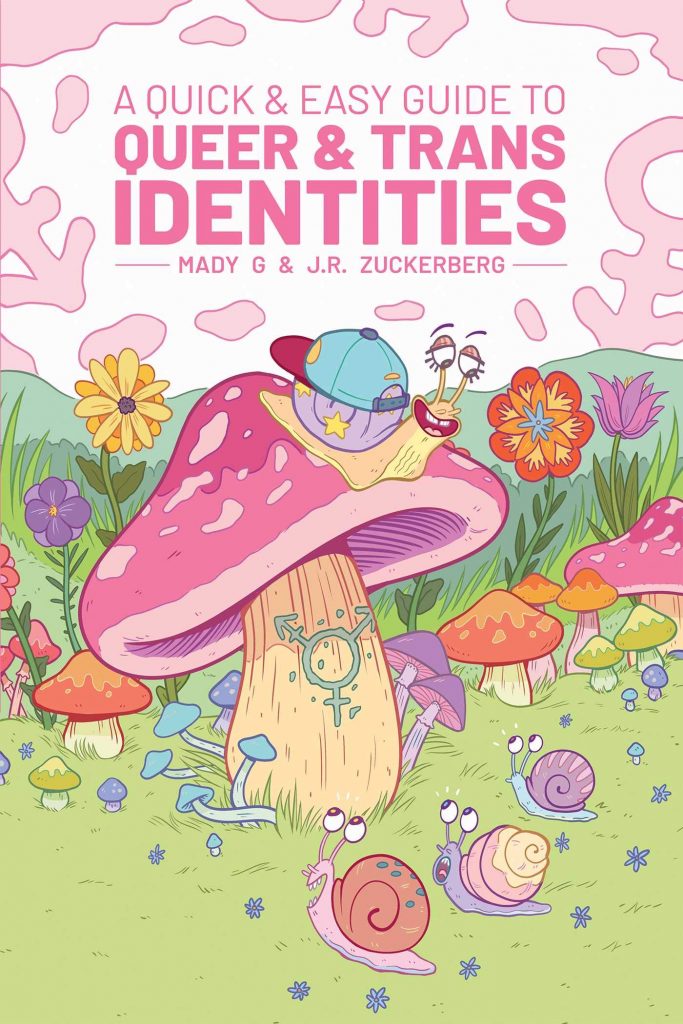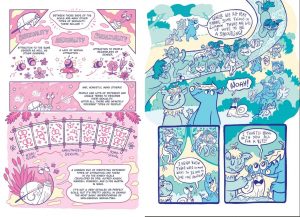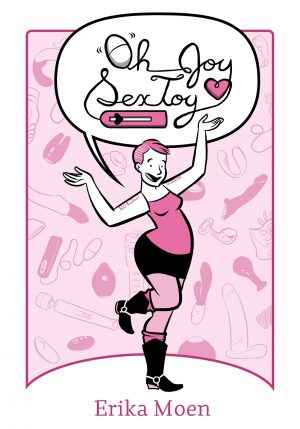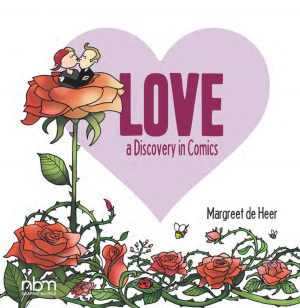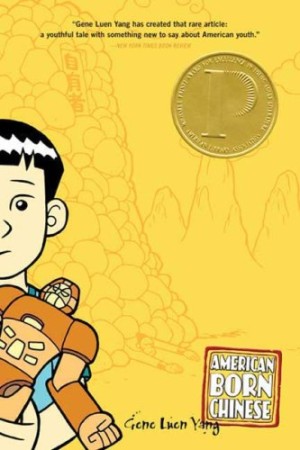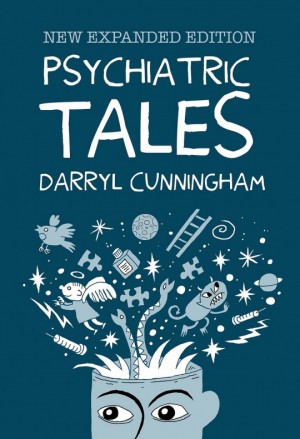Review by Win Wiacek
We are the naming primate. If we encounter something unknown and/or scary, we give it a title, description and definition, and accept it into our ever-expanding understanding of reality. Naming is generally a good thing and allows us to navigate our universe. Some people, however, use the power of naming to isolate, ostracise and wound. It seems every time we make a move towards greater inclusivity, some faction of retrograde, regressive backwards-looking biological luddite manufactures a reason why we can’t all get along.
Comic strips are a matchless tool for education. They render the most complex topics easily accessible with a potent facility to inform, affect and alter behaviour. The Quick & Easy Guide series is a splendid example of the art form using its great powers for good, with an admirable record of confronting uncomfortable issues with taste, sensitivity and breezy forthrightness: offering solutions as well as awareness or solidarity. For Queer and Trans Identities cartoonists Mady G. and J. R. Zuckerberg collaborate on a bright and breezy primer covering the irrefutable basics on establishing one’s own sexual and gender identity (including the difference between those terms). It safely navigates all manner of relationships and explores the spectrum of experiences available to consenting adults. It takes no sides and offers no bias as it runs through the fundamentals, but only after an intro by Mady lay out the rules of engagement on the attaching and utilisation of the labels and roles gradually becoming common modern parlance.
The micro lectures are set during a wilderness trek where an agglomeration of troubled humans have a group teaching encounter under the supervision of a ‘Queer Educator’ endeavouring to define for them the nature of ‘Queerness’. The useful commentary, educational asides and plentiful laughs are generated by a colony of snails avidly observing proceedings like a raucous and bewildered Greek Chorus. Such gastropods, as you surely recall from school, are either male, female, hermaphroditic or something else entirely, depending on what time it is.
Subjects covered with forthright verve, clarity and – crucially – wry wit, begin with ‘What is Queer?’, proffering subdivided terms for defining sexuality and gender. These and later lessons are illustrated with examples starring primarily neutral vegetable critters dubbed Sproutlings who are conveniently pliable and malleable. Successive chapters dig deeper and come with carefully curated real-world examples. Contentious, often life changing problems that can occur are tackled head-on, and practical thoughts and coping tactics accompany vital life lessons. This witty, welcoming treatise offers superb strategies for fixing a pernicious issue that really should have been done and dusted decades ago.
So, here’s a handy guide to getting along. People get to decide what to call themselves. You get to accept and agree with them, as long as no one is being actually harmed. That assessment is to be made by law, not personal belief or some higher calling. If you can’t accept their definitions of themselves, you have the right to leave people alone and never interact with them.
Okay?
